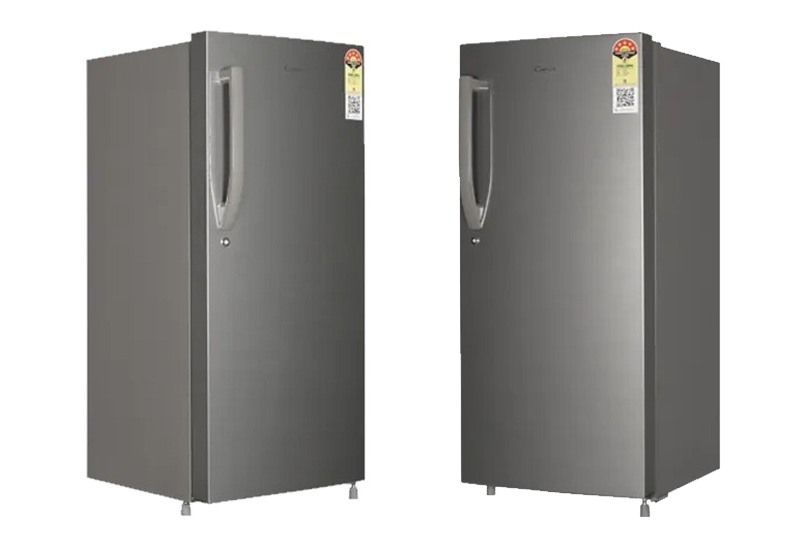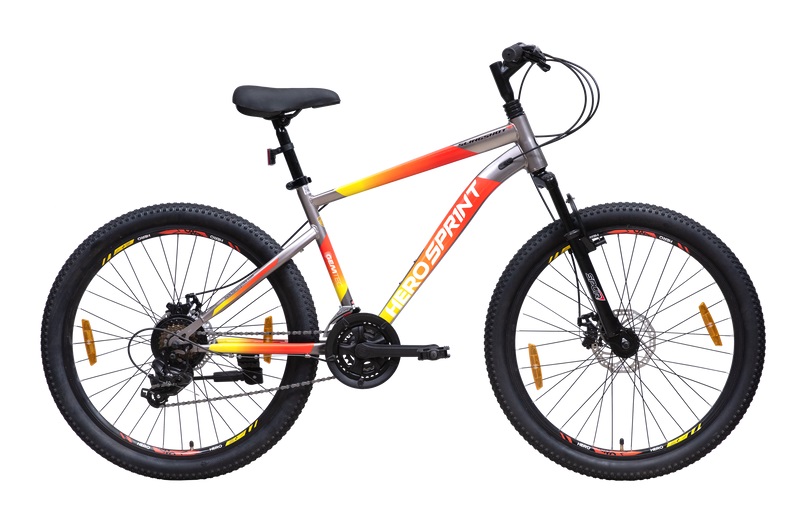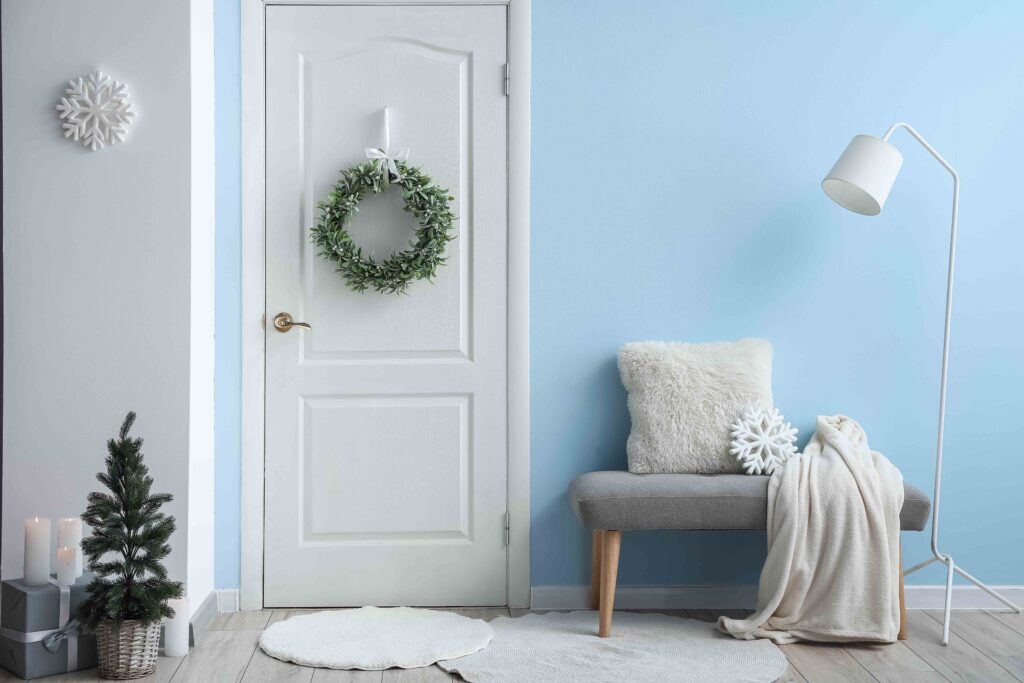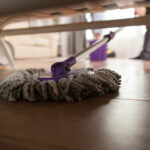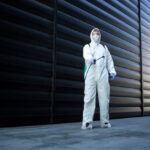Top 10 Duct Cleaning Tips for 2025: Keep Your Air Fresh and Clean
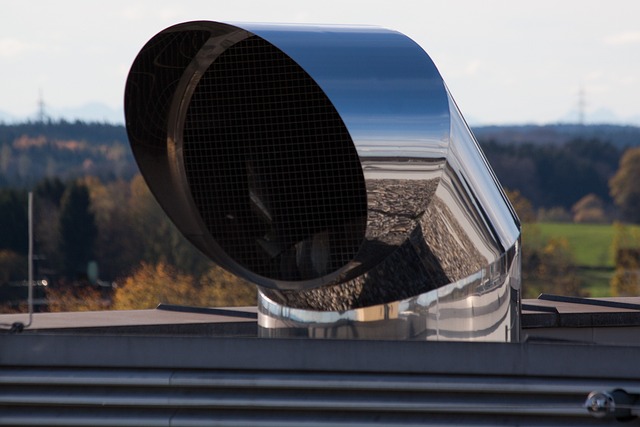
Maintaining clean air ducts is crucial for ensuring a healthy living environment. As we move into 2025, the importance of regular duct cleaning has only increased, especially in areas prone to dust, pollution, and allergens. Clean air ducts help improve indoor air quality, enhance HVAC efficiency, and reduce energy costs. In this blog, we’ll share the top 10 duct cleaning tips to keep your air fresh and clean throughout 2025.
1. Schedule Regular Inspections
The first step in maintaining clean ducts is regular inspections. Have a professional HVAC technician inspect your air ducts at least once a year to check for dust buildup, mold growth, and any blockages that could impact airflow. Early detection can prevent major issues down the line.
2. Replace Air Filters Frequently
Air filters are your HVAC system’s first line of defense against dust, pollen, and debris. In 2025, it’s more important than ever to replace your air filters every 1-3 months, depending on usage and environmental conditions. Using high-quality HEPA filters can help trap smaller particles, improving air quality and reducing the need for frequent duct cleaning.
3. Seal Air Leaks
Leaky ducts can allow dust, debris, and allergens to enter your system, making it harder to keep your ducts clean. Inspect your ductwork for leaks and seal them with metal-backed tape or mastic sealant. This not only improves indoor air quality but also enhances your HVAC system’s efficiency.
4. Clean Air Vents and Registers
Cleaning air vents and registers should be part of your regular home maintenance routine. Dust, pet hair, and other particles can accumulate around these areas and eventually enter your ducts. Use a vacuum cleaner with a brush attachment or a damp cloth to clean them regularly, ensuring optimal airflow and cleaner ducts.
5. Use Professional Cleaning Services
While there are many DIY duct cleaning methods, it’s a good idea to invest in professional duct cleaning services at least once every 1-2 years. Professionals use specialized equipment to reach areas of your duct system that are hard to clean on your own, ensuring a thorough job and better air quality.
6. Keep Your Home Clean
A cleaner home means less dirt and dust circulating through your HVAC system. Regularly dusting, vacuuming, and mopping your floors can prevent debris from getting into your air ducts. Pay special attention to carpets, as they can trap large amounts of dust that eventually make their way into the system.
7. Control Humidity Levels
Moisture in your air ducts can lead to mold and mildew growth, which poses serious health risks. Use a dehumidifier to keep humidity levels in check, especially if you live in a humid climate. Aim to keep indoor humidity levels between 30-50% to prevent mold and ensure fresh air.
How to Spot Signs of Mold in Ducts
- Musty odors coming from your vents.
- Visible mold growth near air vents or registers.
- Increased allergy or respiratory symptoms in your home.
8. Use an Air Purifier
Adding an air purifier to your home can help reduce airborne pollutants before they enter your ducts. HEPA or UV air purifiers can filter out allergens, bacteria, and viruses, contributing to cleaner ducts and a healthier indoor environment.
9. Clean Coils and Fans
Over time, dust and debris can accumulate on the coils and fans of your HVAC system, affecting its efficiency and performance. Schedule regular cleaning for these components to prevent dirty air from circulating through your home and to maintain the longevity of your HVAC system.
10. Maintain Outdoor Units
Your HVAC system’s outdoor units also need attention. Clean the area around the outdoor unit to ensure it remains free from debris, such as leaves, grass, or dirt. Blockages can affect airflow and cause your system to overwork, leading to increased dust in the ducts.
FAQ: Frequently Asked Questions About Duct Cleaning
How often should air ducts be cleaned?
Experts recommend professional air duct cleaning every 1-2 years, depending on your home’s environment, the presence of pets, and whether anyone in your home has allergies or respiratory issues.
Can I clean my air ducts myself?
You can clean the vents and registers, but the duct system itself is best handled by professionals. They have the equipment needed to reach deep into the ductwork to remove dust, debris, and potential mold.
What are the benefits of regular duct cleaning?
Regular duct cleaning improves air quality, reduces allergens, increases HVAC efficiency, and helps prolong the life of your system by preventing dust buildup that can damage components.
How can I tell if my ducts need cleaning?
Signs that your ducts need cleaning include visible dust and debris around vents, increased allergy symptoms, musty odors, and poor airflow in certain areas of your home.
Is duct cleaning necessary for all homes?
Not every home requires frequent duct cleaning. However, if you have pets, live in a dusty area, or have someone with respiratory conditions, regular cleaning is recommended.
Can dirty ducts affect energy efficiency?
Yes, dirty ducts can restrict airflow, making your HVAC system work harder and increasing energy costs. Clean ducts ensure your system runs efficiently and saves energy.
Conclusion
Maintaining clean air ducts is essential for promoting a healthy, comfortable living environment in 2025. By following these top 10 duct cleaning tips, you can enhance air quality, improve your HVAC system’s efficiency, and reduce the risk of allergies and respiratory issues. Regular inspections, using quality filters, and scheduling professional cleanings will help you keep your air fresh and clean all year round.

 English
English 